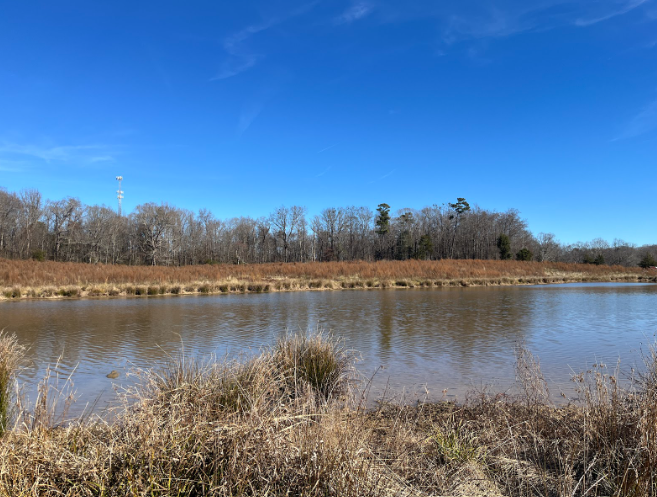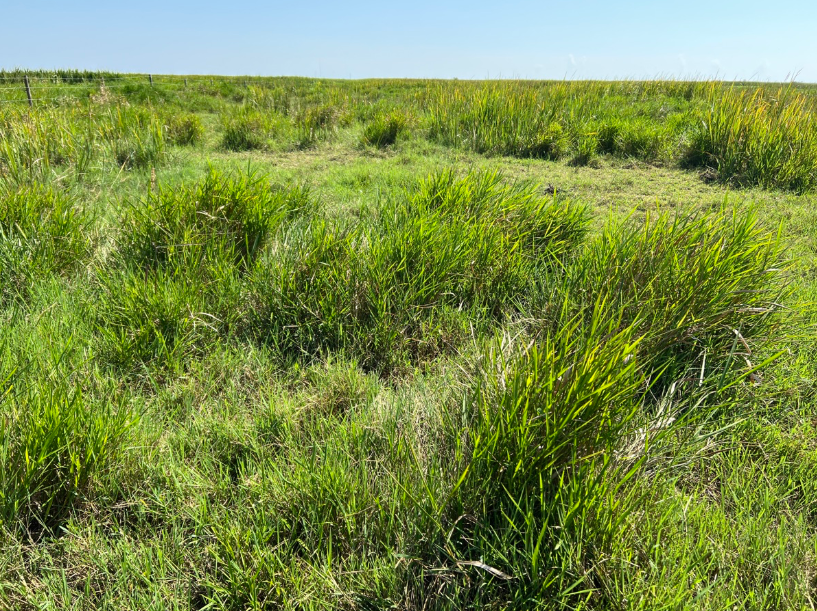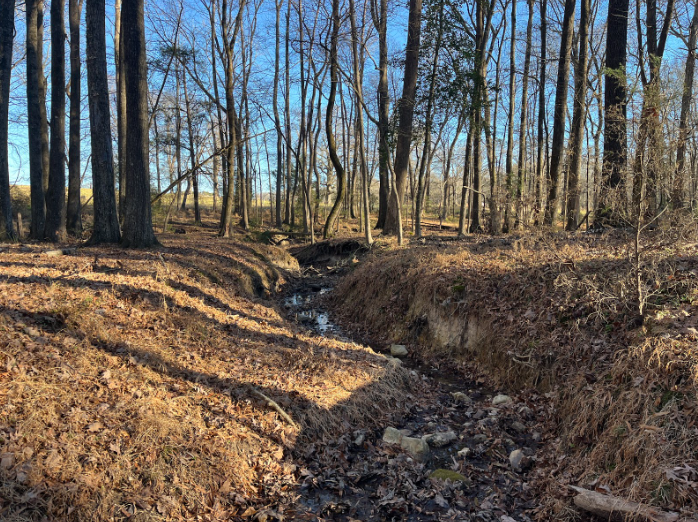You may not know that real estate agents can incorporate conservation strategies when dealing with land plots as small as 10+ acres. However, these conservation initiatives enhance the property’s marketability and value. At the same time, they contribute to broader environmental sustainability goals.
This introductory guide aims to explain the importance of conservation for real estate agents. It provides actionable insights into leveraging conservation efforts to maximize sales opportunities.
Changing Property Value Through Conservation
One of the most compelling reasons for real estate agents to consider conservation initiatives for their listings is the potential for enhancing property value. While this will not always be the case, conservation easements, as outlined by the National Conservation Foundation, can serve as powerful tools in preserving the ecological integrity and scenic beauty of large land plots.
Property owners can secure tax incentives and other financial benefits by voluntarily restricting specific land uses, such as development or intensive agriculture. Of course, an additional benefit is safeguarding the natural heritage of the land and there is a market for this type of property.
Strategic placement of conservation easements can create a unique selling proposition for the property, attracting environmentally conscious buyers. Moreover, there are conservation-minded buyers that may be willing to pay premium prices for properties with established conservation easements. These buyers recognize the long-term benefits of preserving pristine landscapes and ecosystems.
Real estate agents can capitalize on this growing demand for conservation-oriented properties by promoting the ecological significance and investment potential in their listings.
Facilitating Collaborative Conservation Efforts
Another compelling reason for real estate agents to engage in conservation is the opportunity to facilitate collaborative efforts between landowners and conservation entities.
Real estate agents are pivotal in connecting landowners with conservation organizations interested in acquiring or preserving land for conservation purposes. Agents can facilitate mutually beneficial transactions by fostering partnerships and brokering agreements between parties. These transactions will align with conservation objectives while satisfying the needs of property owners.
Incorporating conservation into real estate transactions opens doors to various funding opportunities and grant programs. These programs are available to support land conservation initiatives. Agents can navigate complex conservation transactions by leveraging their expertise in real estate negotiations and market dynamics. They can advocate for the preservation of ecologically significant landscapes.
Additionally, real estate agents can cultivate positive relationships with conservation organizations by demonstrating a commitment to environmental stewardship. This will enhance the agent's reputation and market visibility within the industry.
Future-Proofing Investments and Sustainable Development
Beyond immediate financial incentives, embracing conservation can future-proof investments in large land plots. It will promote sustainable development practices.
Conservation subdivisions offer a strategic approach to land development that balances environmental conservation with residential development. Developers can create environmentally sensitive communities by clustering homes on smaller lots and preserving significant portions of land as open space or conservation easements. These homes will harmonize with the natural landscape.
Real estate agents specializing in large land transactions can advocate for conservation subdivisions. These designs will prioritize ecological preservation and promote sustainable land use practices. Agents can highlight the environmental benefits and community amenities associated with conservation-oriented developments. The result is attracting prospective buyers seeking eco-friendly lifestyles and sustainable living environments.
Moreover, integrating conservation principles into land development projects can mitigate environmental impacts, protect natural resources and lessen urbanization.
Economics of Conservation Efforts
One objection to integrating conservation projects into developments is the expense. However, success can be achieved for developers and real estate agents despite the upfront costs.
For example, contractor Jon Kohler & Associates proved that during the first phase of a conservation-focused community they built in Florida. Of the 87 lots available in the first sales phase of the Centerville Conservation Community, 86 lots were sold within the first seven hours.
This indicates buyers’ desire for ecological preservation and when done right, will reap financial rewards for developers and future homeowners.
Following the Realtor Code of Ethics
Besides the economic advantages, embracing conservation initiatives follows the Realtor Code of Ethics. The preamble begins with “Under all is the land…” In other words, the land takes priority. By making the land a priority, agents will attract like-minded buyers that are a growing market segment.
Conclusion
Conservation represents a valuable tool for real estate agents selling large plots of land or homes on 10+ acres. By embracing conservation initiatives, agents can enhance property value, facilitate collaborative conservation efforts, and promote sustainable development practices.
Through the establishment of conservation easements, the facilitation of partnerships with conservation entities, or the promotion of conservation-oriented developments, agents have the opportunity to differentiate their listings.
Agents can attract environmentally conscious buyers and contribute to preserving natural landscapes for future generations.
Embracing conservation in the real estate industry is a sound business strategy and a meaningful way to support environmental stewardship and responsible land management practices.
We are a trusted partner for real estate agents to integrate conservation into their development strategy
Learn More






